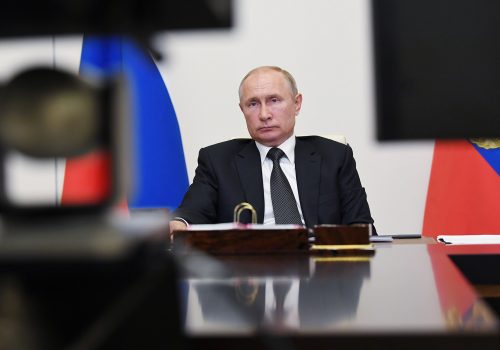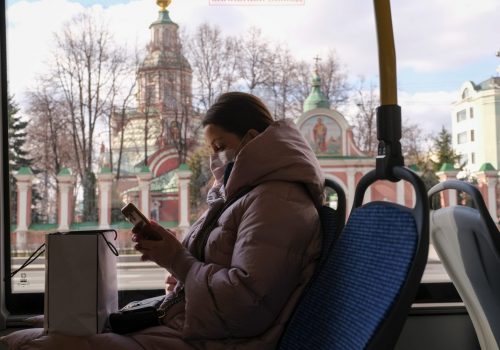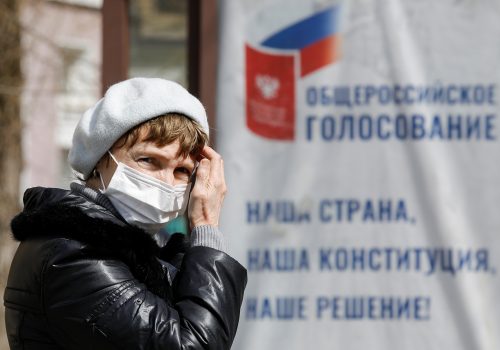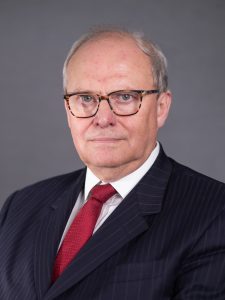The global coronavirus pandemic and Russia’s recent oil war with Saudi Arabia has brought a financial crisis to the country. With oil prices below $25 per barrel and a 33 percent reduction in economic activity since Russia’s lockdowns began, Russia’s economy is facing dangerous new challenges. On May 11, President Vladimir Putin declared that the “non-working” period would come to a close on May 12. How has the crisis affected ordinary Russians, has the Kremlin’s economic policy response been appropriate, and how will Russia’s economy recover?
Dr. Sergey Aleksashenko, former deputy chairman of the Central Bank of Russia; Dr. Sergei Guriev, professor of Economics at Sciences Po’s Department of Economics; Vladimir Milov, Russian opposition politician and an economic adviser to the Russian opposition leader Alexey Navalny; and Elina Ribakova, deputy chief economist at the Institute of International Finance, discuss the impact of coronavirus and plummeting oil prices on Russia’s economy. Dr. Anders Åslund, senior fellow at the Atlantic Council’s Eurasia Center, will moderate the discussion.
spotlight
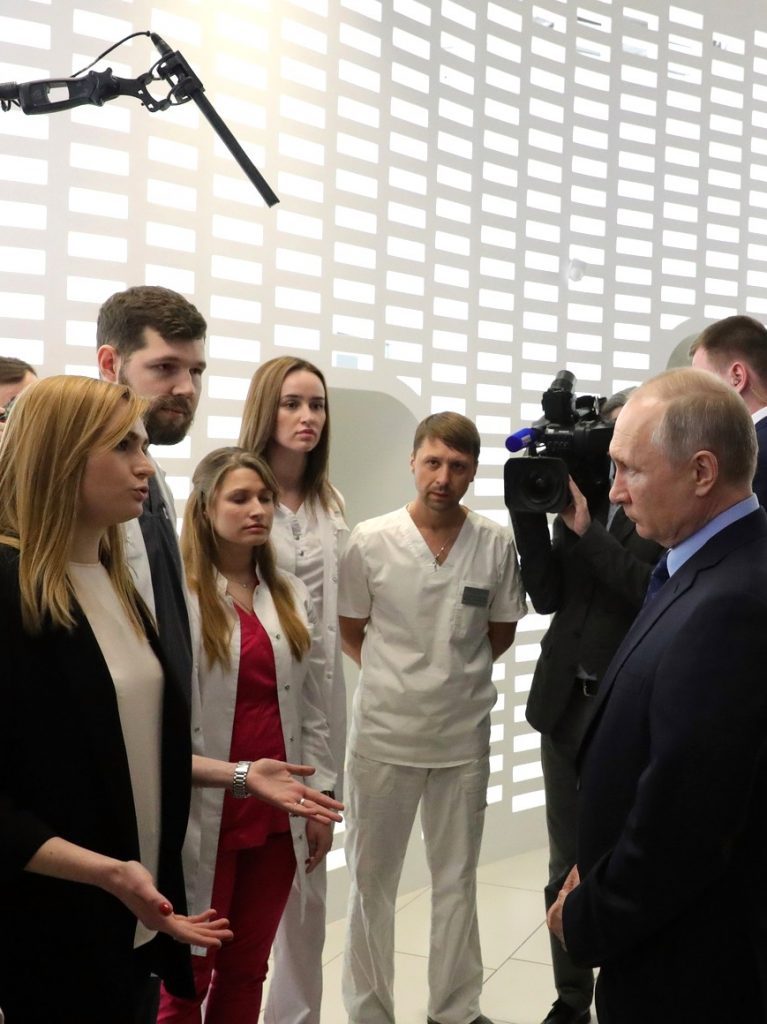
The Kremlin and coronavirus
Despite recording some of the first cases outside of China in early 2020, Russia reported unusually low incidents of coronavirus while those in other regions climbed rapidly. However, in recent days the number of cases in the country has grown rapidly, leading to questions of honesty about initial government reports as well as how equipped Russia’s government and health systems are prepared to deal with a major outbreak. This is in addition to the Kremlin’s exploitation of the virus to spread disinformation, burnish its image abroad, and enlarge political control at home.
RELATED experts

The Eurasia Center’s mission is to promote policies that strengthen stability, democratic values, and prosperity in Eurasia, from Eastern Europe in the West to the Caucasus, Russia, and Central Asia in the East.
